 ‘Staying Home Connecting Care’ is a British Academy funded research project exploring care provided to people at home during the Covid-19 pandemic. As society locked down, people with age-related frailties, disabilities, and certain health conditions needed to shield at home. Many relied on the support of family carers, home care workers and volunteer-run schemes to supply them with the care, companionship and essential supplies of food and medicines to stay safe and well at home.
‘Staying Home Connecting Care’ is a British Academy funded research project exploring care provided to people at home during the Covid-19 pandemic. As society locked down, people with age-related frailties, disabilities, and certain health conditions needed to shield at home. Many relied on the support of family carers, home care workers and volunteer-run schemes to supply them with the care, companionship and essential supplies of food and medicines to stay safe and well at home.
Over the past year we have been interviewing care workers, volunteers and carers from across Bournemouth, Christchurch, Poole (BCP) and Dorset, about their experiences of providing such care and support to people in their homes during the pandemic.
We recently organised an online workshop, ‘Care and Support at home in the time of Covid’. The aim of this free event was to share the interim findings of the study with a public audience, and invite feedback, reflection and discussion.
The highlight of the event was the roundtable discussion in which six speakers took part, each with extensive experience of home care work, voluntary and community pandemic activities and/or care of vulnerable adults. The round table speakers were:
Sue Warr from Prama life, Jon Sloper from Help and Kindness, Rosie Thompson from Gillingham Community Kindness, Sarah Ward from the Covid-19 Poole Community Support Group, Pam Henderson from Bournemouth University’s PIER Partnership and Andrew Davis from Right at Home and Dorset Home Care Providers’ Association.
Each round table participant spoke in fascinating and poignant detail about their activities during the pandemic. They reflected on how the ‘Staying Home’ research findings resonated with their own insights and experiences, and shared their perspectives on the priorities for future research and policy.
Several themes recurred throughout the course of the round table discussion. The dynamism and resourcefulness of the voluntary and community sector response to the pandemic was evident from many of the talks, which detailed how people in communities across BCP and Dorset rapidly and creatively devised practical schemes for getting help and support to people at home. The innovative use of telephone and web-based technologies to build new infrastructures to connect people was also a key area of discussion.
Speakers highlighted important shifts over the course of the pandemic. As one remarked, it is easy to forget the public uncertainty about how coronavirus was transmitted in the early days, when an effective vaccine seemed a distant prospect. This made close-contact caring for adults vulnerable to Covid-19 acutely stressful and challenging for carers and care workers.
Over time, as needs of people at home for basic supplies of food and medicines eased from summer 2020, other needs became apparent, not least many people’s poor mental health and loneliness. The isolation and loss of services had a profound impact on (family) carers. The pandemic has stretched to breaking point the fragile support networks on which many carers continue to depend. The phase of clapping for care workers and carers is over, but for some, the challenges to daily existence posed by the pandemic are more acute than ever.
Speakers highlighted several important questions for future research and policy. How can the hugely positive innovations within the voluntary organisations and communities be best supported and transformed as society reopens? How can that project be harnessed to the transformation of the social care system to make it fairer and fit for purpose, with appropriate levels of public investment? How can the rights and needs of people who still need to shield, and their carers, be protected, as wider society reopens?
Evaluation
20-25 people attended the event, and, 15 of them anonymously completed the evaluation survey at the end of the workshop. All agreed that the presentation of interim findings was clear, accessible, interesting and informative, and that the roundtable furthered their understanding of care during Covid-19. All except one agreed that research on social care needs to take account of unwaged forms of support, such as that provided by carers and volunteers, as well as that provided by workers within social care services. One commented “This is a really important need as I don’t think people realise the scope of unpaid care that is happening”, whilst another remarked, “I feel the total focus is always around residential care, and other areas…including homecare and voluntary, get forgotten”.
Survey respondents highlighted several areas for further research.
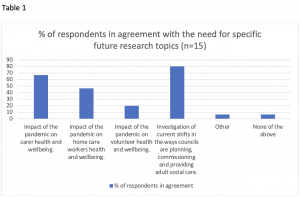
The event was recorded and a link to it can be found here.
Dr Rosie Read, Principal Investigator
Erica Ferris, Research Assistant
Faculty of Health and Social Sciences
Bournemouth University
Email for correspondence: rread@bournemouth.ac.uk
 Prof. Vanora Hundley in the Centre for Midwifery, Maternal & Perinatal Health (CMMPH) has been appointed to the Chief Midwifery Officer’s (CMidO) National Research Strategy Board. The key aim of this National Research Strategy Board is to ensure the Chief Midwifery Officer for England and the maternity transformation programme team have access to advice and expertise to support and develop its strategic plan for research. Prof. Hundley will help identify research gaps and priorities relating to maternity and newborn care. The first meeting was held in mid-September and chaired by Prof. Jane Sandall, Head of Midwifery and Maternity Research.
Prof. Vanora Hundley in the Centre for Midwifery, Maternal & Perinatal Health (CMMPH) has been appointed to the Chief Midwifery Officer’s (CMidO) National Research Strategy Board. The key aim of this National Research Strategy Board is to ensure the Chief Midwifery Officer for England and the maternity transformation programme team have access to advice and expertise to support and develop its strategic plan for research. Prof. Hundley will help identify research gaps and priorities relating to maternity and newborn care. The first meeting was held in mid-September and chaired by Prof. Jane Sandall, Head of Midwifery and Maternity Research.  The second prestigious appointment for Prof. Hundley is to Tommy’s Scientific Advisory Group. Tommy’s is a pregnancy charity “working to make the UK the safest place in the world to give birth”. The charity funds pioneering research to understand how to prevent complications and loss, as well as enabling specialist care for people at their clinics, research centres and across the NHS. In addition, the charity provides expert, midwife-led advice for parents before, during and after pregnancy, working together towards safer, healthier pregnancies. As a member of the Scientific Advisory Group, Prof. Hundley will review the strategy, plans and outputs from Tommy’s Research Centres.
The second prestigious appointment for Prof. Hundley is to Tommy’s Scientific Advisory Group. Tommy’s is a pregnancy charity “working to make the UK the safest place in the world to give birth”. The charity funds pioneering research to understand how to prevent complications and loss, as well as enabling specialist care for people at their clinics, research centres and across the NHS. In addition, the charity provides expert, midwife-led advice for parents before, during and after pregnancy, working together towards safer, healthier pregnancies. As a member of the Scientific Advisory Group, Prof. Hundley will review the strategy, plans and outputs from Tommy’s Research Centres.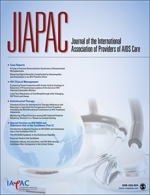



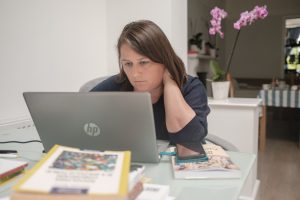

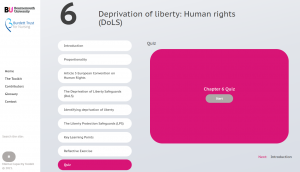
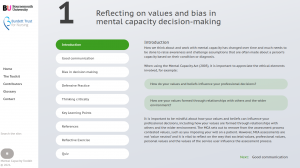
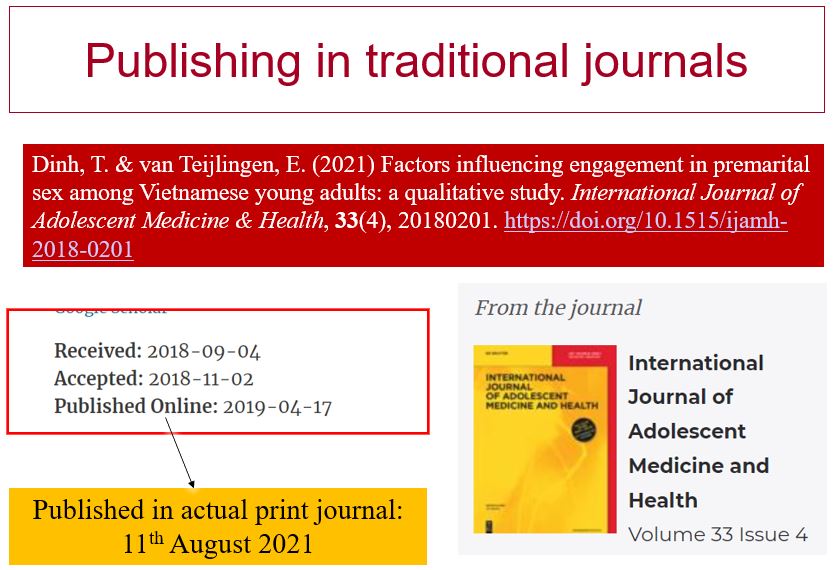
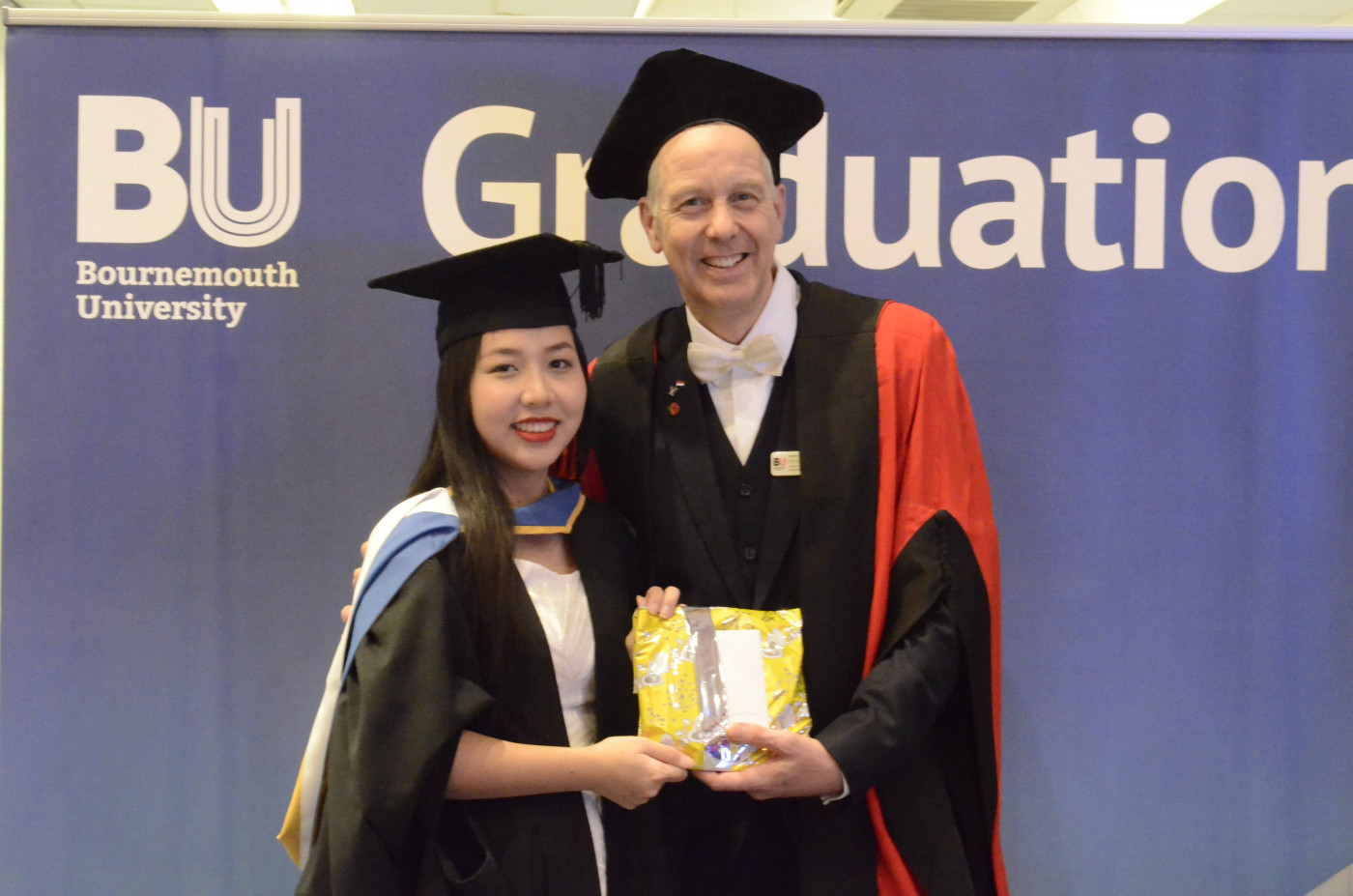
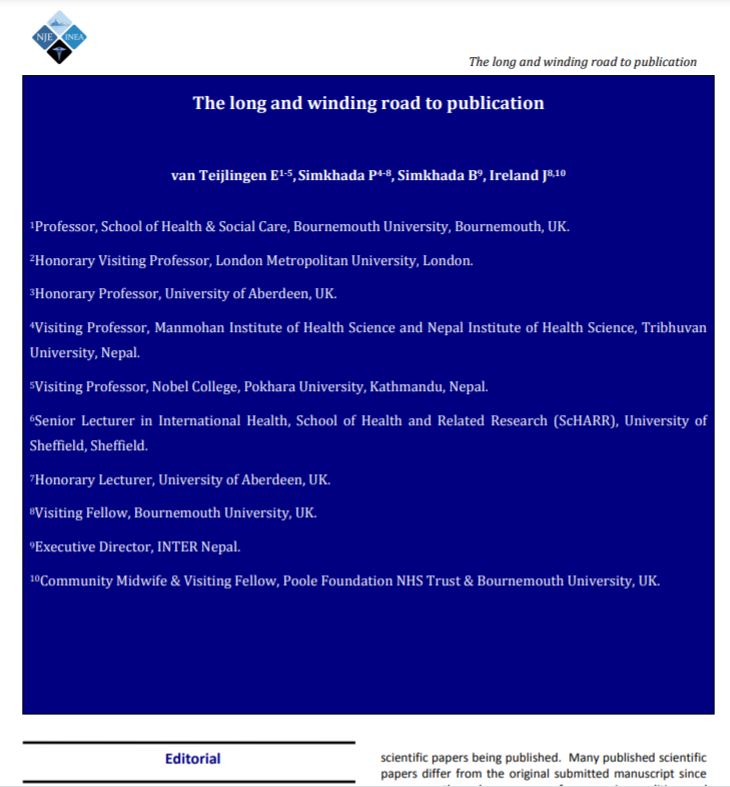
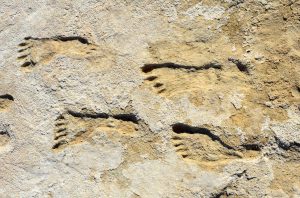
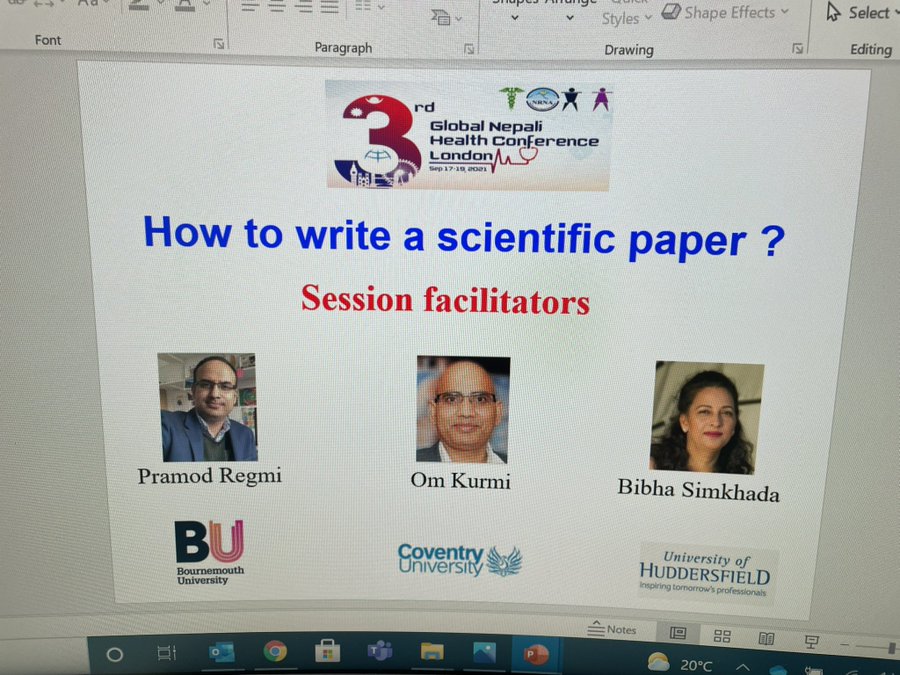
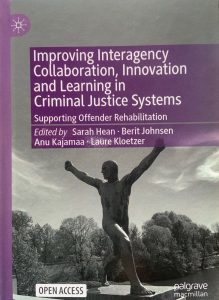
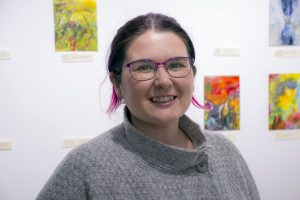

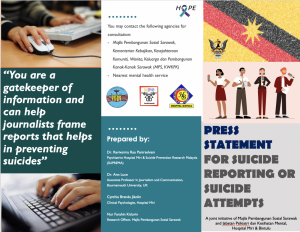
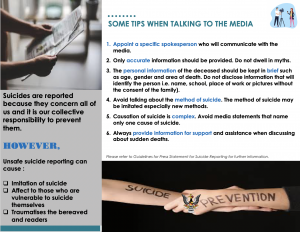

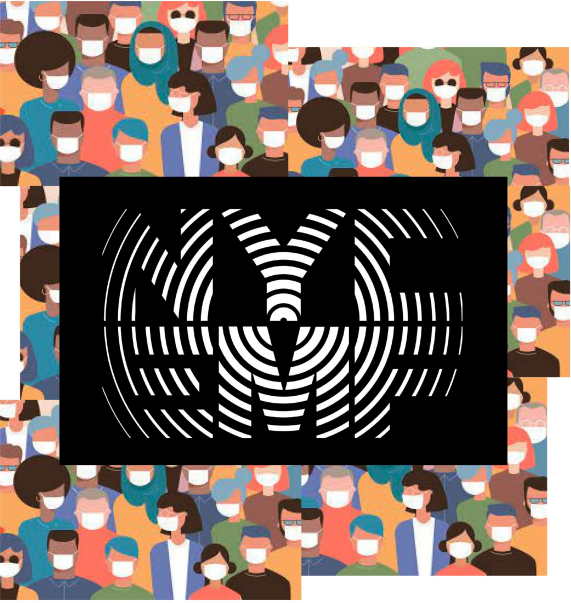
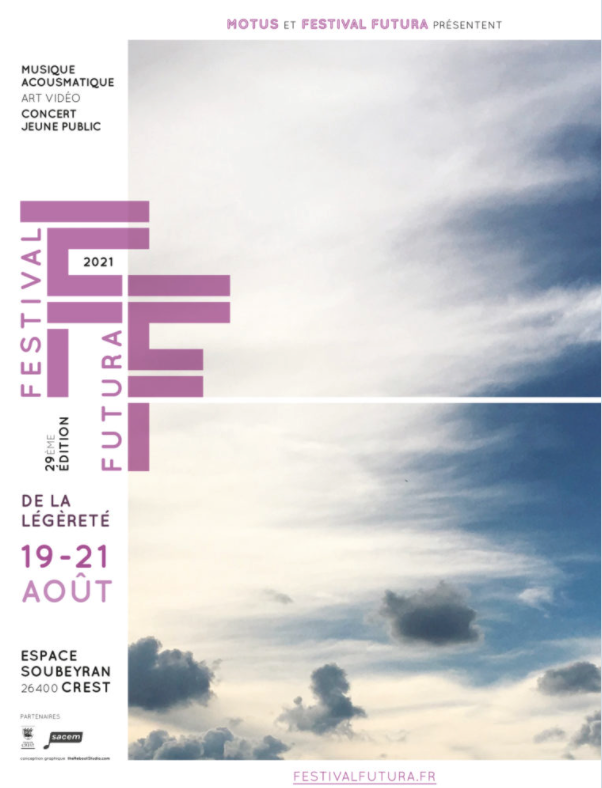
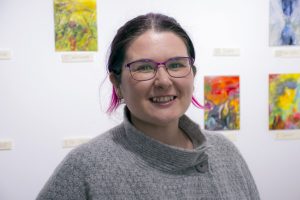

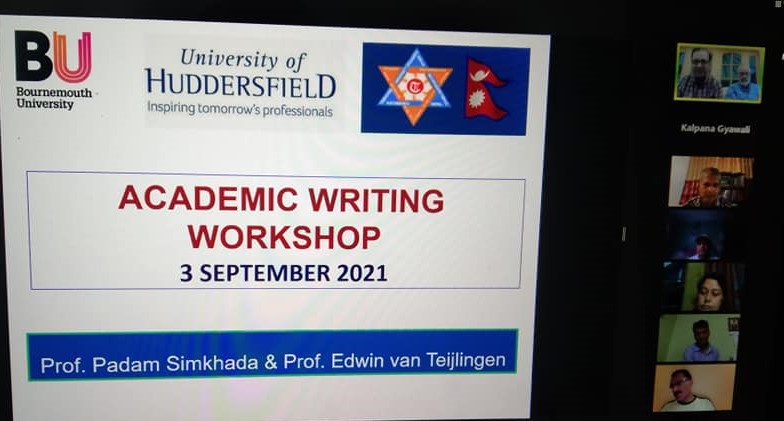
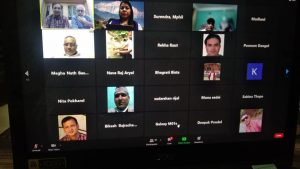

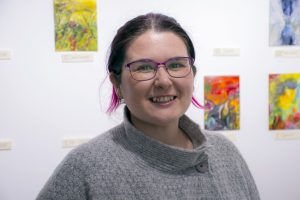
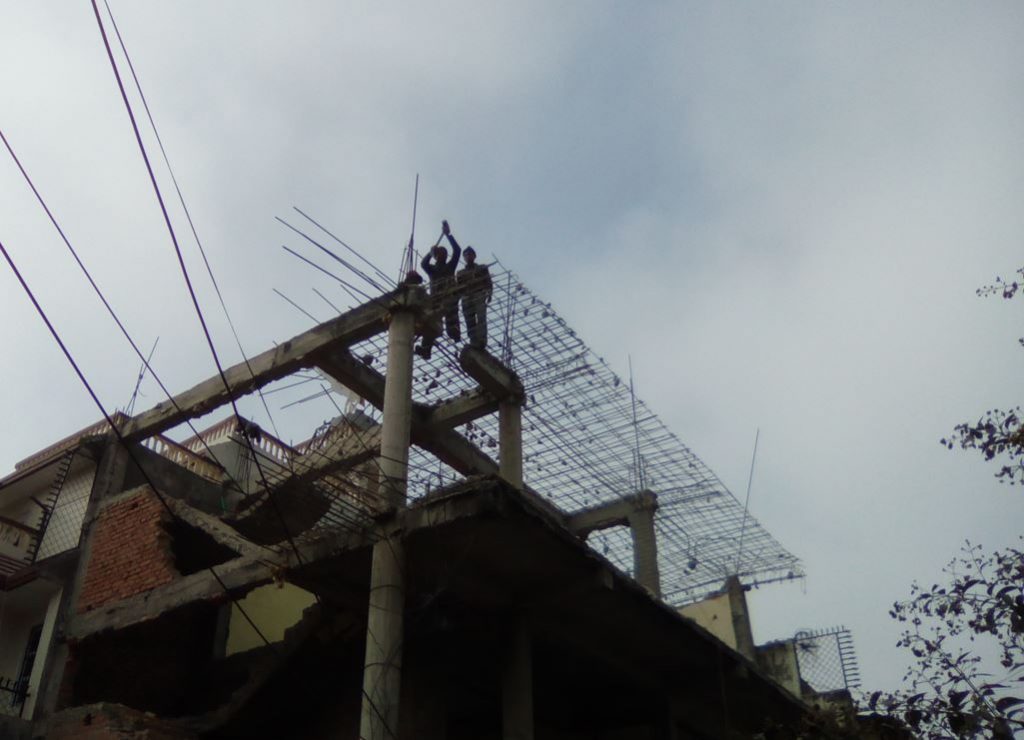

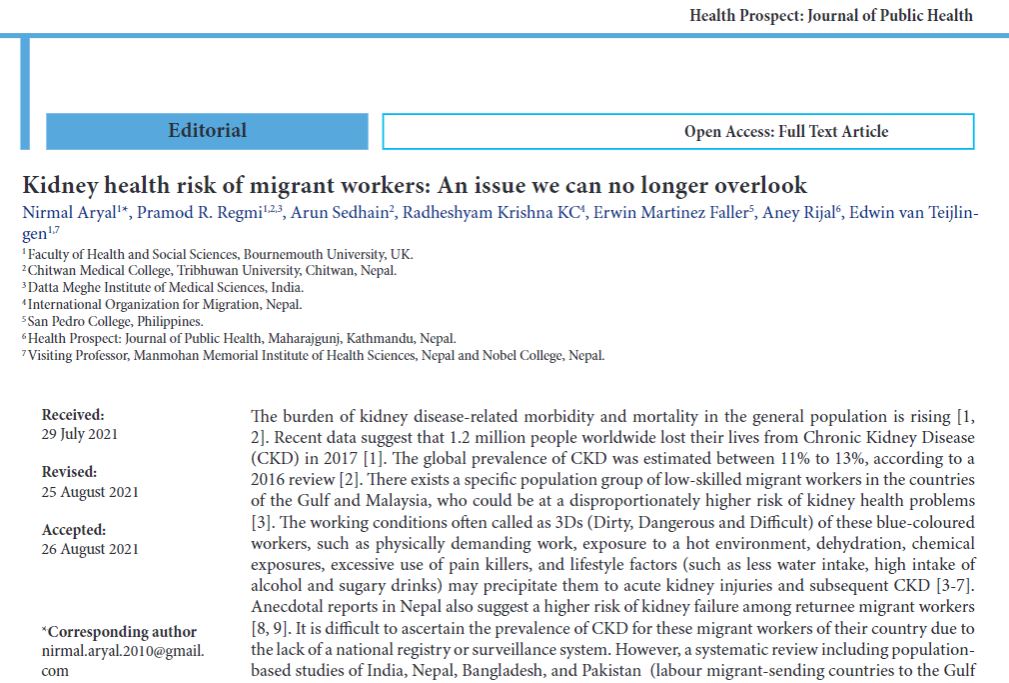











 UKCGE Recognised Research Supervision Programme: Deadline Approaching
UKCGE Recognised Research Supervision Programme: Deadline Approaching SPROUT: From Sustainable Research to Sustainable Research Lives
SPROUT: From Sustainable Research to Sustainable Research Lives BRIAN upgrade and new look
BRIAN upgrade and new look Seeing the fruits of your labour in Bangladesh
Seeing the fruits of your labour in Bangladesh Exploring Embodied Research: Body Map Storytelling Workshop & Research Seminar
Exploring Embodied Research: Body Map Storytelling Workshop & Research Seminar ECR Funding Open Call: Research Culture & Community Grant – Apply now
ECR Funding Open Call: Research Culture & Community Grant – Apply now ECR Funding Open Call: Research Culture & Community Grant – Application Deadline Friday 12 December
ECR Funding Open Call: Research Culture & Community Grant – Application Deadline Friday 12 December MSCA Postdoctoral Fellowships 2025 Call
MSCA Postdoctoral Fellowships 2025 Call ERC Advanced Grant 2025 Webinar
ERC Advanced Grant 2025 Webinar Update on UKRO services
Update on UKRO services European research project exploring use of ‘virtual twins’ to better manage metabolic associated fatty liver disease
European research project exploring use of ‘virtual twins’ to better manage metabolic associated fatty liver disease